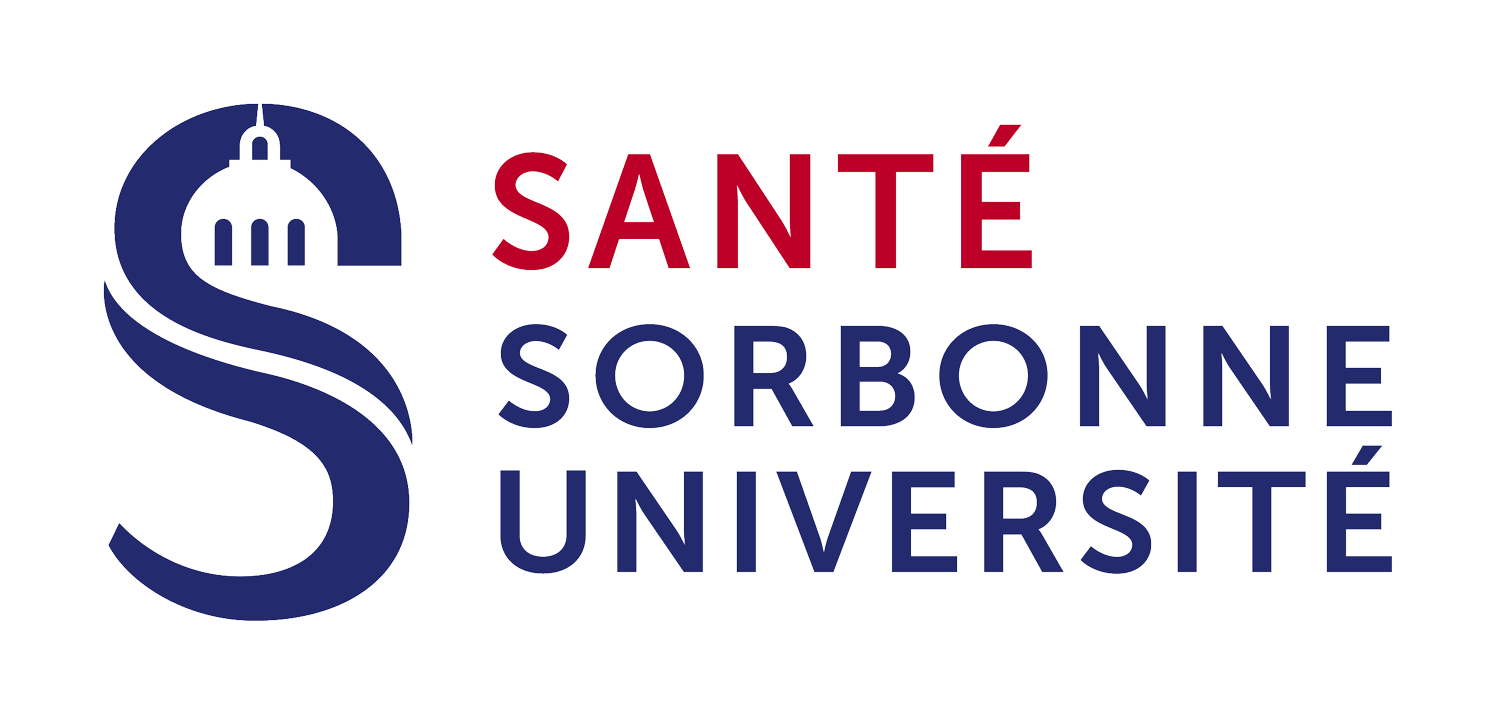Team presentation
The main scientific objectives are to quantify the benefit, risks, and cost-effectiveness of antivirals on the long term and to evaluate the risk of comorbidities - notably cancer, cardiovascular or metabolic complications - and strategies to prevent them.
We will bring together among the largest cohort studies on these infections in the world to address these issues:
• the FHDH-ANRS CO4 cohort is a hospital multicentre open cohort with on-going inclusion since 1989. Patients are eligible if they are infected by HIV1 or HIV2 and are managed in a participating centre. The database includes data from 125 hospitals corresponding to over 153,000 patients seen at least once between 1992 and 2015, and covers above 60% of those under care in France;
• the ANRS CO22 HEPATHER cohort is a national multicentre observational study of subjects with past or present viral hepatitis C (14,400) or B (6600). The cohort was set-up in August 2012 in 32 centres, includes a centralized biobank at cohort entry and individual linkage to national medico-administrative databases;
• the French multicenter HIV-HBV cohort to explore the prognostic value of HBV biomarkers in HIV-coinfected persons.
The methodological part focuses on comparing the performances of different methods for linking drug exposure (duration/dose) with a beneficial or a side effect, the integration of antiviral resistance as effect modification in genotypic drug resistance algorithm, and the measurement of treatment effect when the proportionality assumption is not valid.
One of our major commitment is to provide the national health authorities with data on care (including antiviral access, use, cost, efficacy and safety) at the national level in order to guide the public-health policy on these chronic infections.







